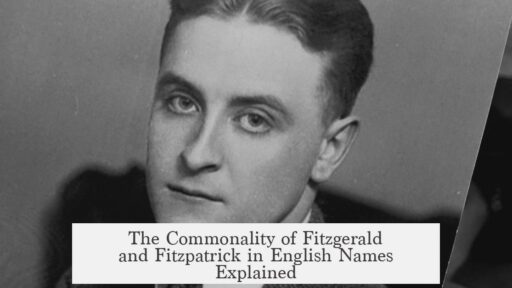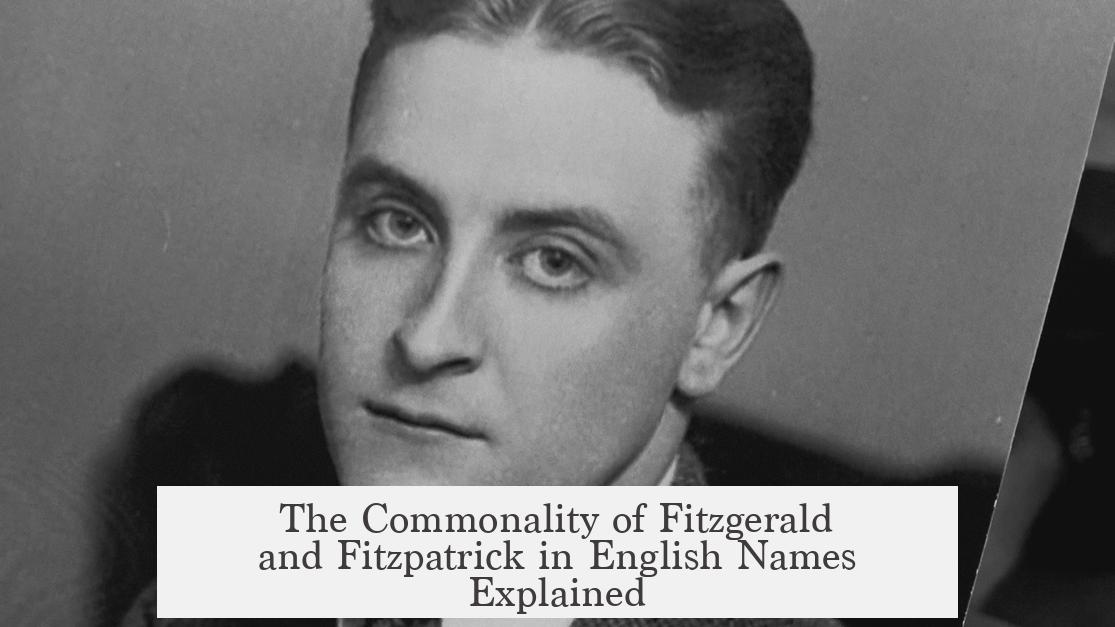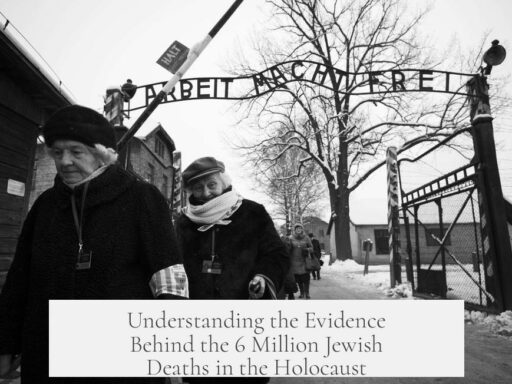The relative commonness of the surnames Fitzgerald and Fitzpatrick compared to other possible Fitz- names such as Fitzdavid or Fitzgregory stems from historical, linguistic, genealogical, and socio-political factors rooted primarily in their Norman origins and subsequent cultural adoption.
The prefix “Fitz-” derives from the Norman French term fils de, meaning “son of.” It emerged as a patronymic indicator within the Norman aristocracy, especially from the 10th through 14th centuries. This prefix connected individuals directly to their progenitors and, by extension, to the Norman elite class that conquered England and parts of Ireland. Most Fitz- surnames therefore originate from a limited pool of Norman given names prevalent among noble families, such as Gerald, Patrick, William, or Alan.
Names like Fitzgerald and Fitzpatrick became common because they descend from powerful, influential families who enjoyed significant political, social, and economic status. For example, the Fitzgerald family traces back to Maurice Fitz Gerald, a Norman lord who played a key role in the Norman conquest of Ireland in the 12th century. The Fitzpatrick name comes from the Gaelic Mac Giolla Phádraig clan, which anglicized to Fitzpatrick in the 1500s after accepting English rule under Henry VIII. Both families’ aristocratic standing ensured the continuation and prominence of their surnames over centuries.
In contrast, other potential Fitz- names such as Fitzdavid or Fitzgregory are almost nonexistent because their root personal names were either uncommon in the Norman aristocracy or did not persist as family names. For instance, Gregory, rooted more in Byzantine and Greek contexts, was rare among Anglo-Normans, making Fitzgregory unlikely to appear as a hereditary surname. Similarly, biblical Old Testament names like David were very rare in Norman naming stock before the 12th and 13th centuries, limiting the creation of Fitzdavid as a lasting surname.
The survival of Fitz names depends heavily on lineage continuity. Several noble figures with Fitz patronyms had no heirs or their descendants adopted different surnames or titles. For example, William Fitzosbern’s children took the de Breteuil surname instead of a Fitzosbern form, causing the latter to vanish as a family name. Others like Robert FitzParnell had no children, so the patronymic did not perpetuate. Consequently, many Fitz- names failed to establish lasting hereditary surnames beyond their initial bearer.
Additionally, patronymic surnames were not fixed in the early medieval period and often changed with each generation. The “Fitz” prefix served originally as a literal “son of” marker rather than a permanent family name. Over time, only a select few Fitz- names stabilized into surnames through repeated familial use and political-cultural endorsement.
The usage of “Fitz” in Ireland also reflects cultural strategy rather than biological descent alone. Some Irish families adapted the Fitz construction to replace Gaelic patronymics, thereby signaling social elevation and alignment with English or Norman aristocratic norms. This is evident in the Fitzpatrick example, where an old Gaelic clan adopted the Fitz form after submission to English authority.
To summarize, several key factors explain why Fitzgerald and Fitzpatrick are common while other Fitz- surnames are rare or absent:
- The Fitz- prefix originated within the Norman French aristocracy and was linked to a restricted set of personal names common to that group.
- Fitzgerald and Fitzpatrick descend from noble families with successful lineages and significant historical prominence.
- Other possible Fitz- patronyms like Fitzdavid or Fitzgregory did not emerge from powerful Norman households or lacked sufficient social reproduction to survive as family names.
- Medieval naming practices favored flexible patronymics rather than fixed surnames; only a few Fitz- names became hereditary over generations.
- Irish usage of Fitz names later used the prefix as a linguistic and cultural marker of status, enhancing the survival of select names.
- Biological lineage, political and economic power, and cultural adoption combined to determine which Fitz- names endured.
| Aspect | Explanation |
|---|---|
| Origin of Fitz- | Norman French “fils de” used by Norman aristocrats from 10th–14th centuries |
| Common Names | Gerald, Patrick, William, Alan included in aristocratic lineages |
| Success of Fitzgerald and Fitzpatrick | Associated with powerful, land-owning, and politically important families |
| Rarity of Fitzdavid, Fitzgregory | Names uncommon in Norman elite, insufficient hereditary transmission |
| Name Transmission | Early patronymics were flexible; only select names fixed as surnames |
| Irish Adoption | Used Fitz to assert status and align with English/Norman aristocracy |
Overall, Fitzgerald and Fitzpatrick survived and grew in prevalence due to the combined forces of noble origin, cultural acceptance, political stature, and hereditary continuity. Other Fitz- names did not share these advantages and thus faded from common usage.
- “Fitz” indicates Norman French origin meaning “son of.”
- Common Fitz names stem from limited Norman elite personal names.
- Fitzgerald and Fitzpatrick descend from influential noble families.
- Other Fitz- surnames lack lineage or prominence to survive.
- Early patronymic practices were not fixed surnames.
- Irish usage of Fitz names reflects social and cultural status signaling.
Why are Fitzgerald and Fitzpatrick common while other Fitz- names remain rare?
Fitzgerald and Fitzpatrick come from powerful noble families with strong, lasting lineages. Their names spread due to political influence and social status. Other Fitz- names often had fewer descendants or lacked social standing, making them rare today.
Did all Fitz- names come from the same cultural background?
No. Most Fitz names originate from Anglo-Norman nobility between the 10th and 14th centuries. Names like Fitzgregory or Fitzdavid are scarce because their root names were uncommon among Anglo-Normans.
Why was the use of Fitz as a patronymic limited to certain names?
The Fitz prefix marked elite Norman descent. It was used with prevalent Norman names. Names common in Byzantine or other cultures rarely formed Fitz surnames, as they lacked Anglo-Norman roots.
How did social status influence the survival of Fitz surnames?
Families like the Fitzgeralds and Fitzpatricks held wealth and power. Their names became symbols of status, leading others to adopt or retain them. Lesser-known Fitz names lacked this social advantage and faded over time.
Could Fitz names change or disappear over generations?
Yes. Fitz names were patronymics, meaning “son of.” Over time, family names changed due to marriage, inheritance, or preference. Some Fitz surnames only lasted a generation before evolving or vanishing.



